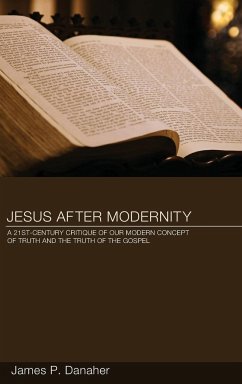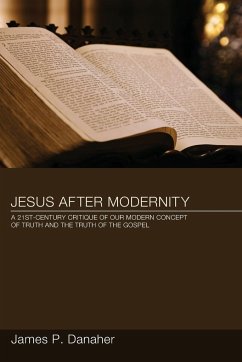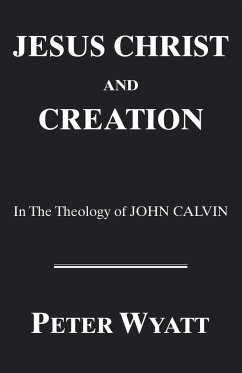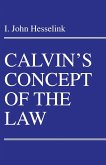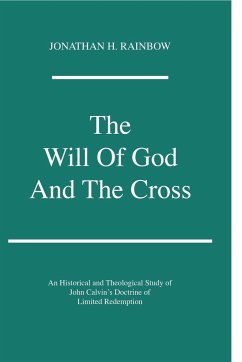During the seventeenth and eighteenth centuries, modern thinkers came to believe that our notion of truth should be objective, certain, and precise. Mathematics became the model for how truth should be conceptualized, and we sought to eliminate ideas that were vague, ambiguous, or contradictory. This inevitably led to our belief that the truth of the Gospel must be conceptualized in the same way, and much of modern theology saw the defense of the Gospel in these terms as its task. The teachings of Jesus, however, are often vague, ambiguous, and even contradictory. Fortunately, a twenty-first century understanding of the human condition has debunked the modern notion of truth, showing it to be truncated at best. Truth, at least as we have access to it, is very different from what our early modern ancestors imagined. This is especially good news since the truth of the Gospel was never compatible with modernity's notion of truth as objective, certain, and precise. Consequently, we are now free to rethink our notion of truth in a way that is compatible with the things that Jesus said and did, and equally compatible with what we now know to be our access to truth given the limits of our human condition. This volume sets out to explore these issues in depth and examine what it might mean for us to speak of the truth of the Gospel in a twenty-first century context.
Hinweis: Dieser Artikel kann nur an eine deutsche Lieferadresse ausgeliefert werden.
Hinweis: Dieser Artikel kann nur an eine deutsche Lieferadresse ausgeliefert werden.

